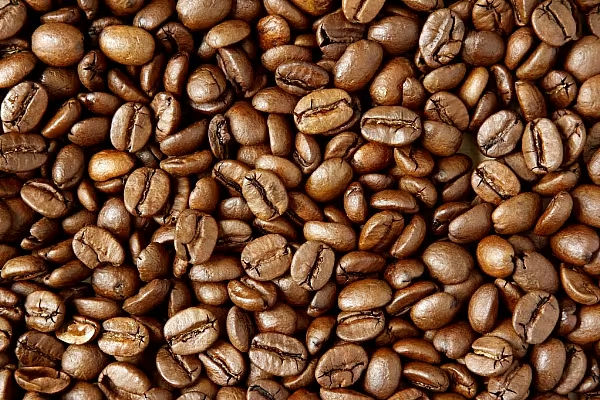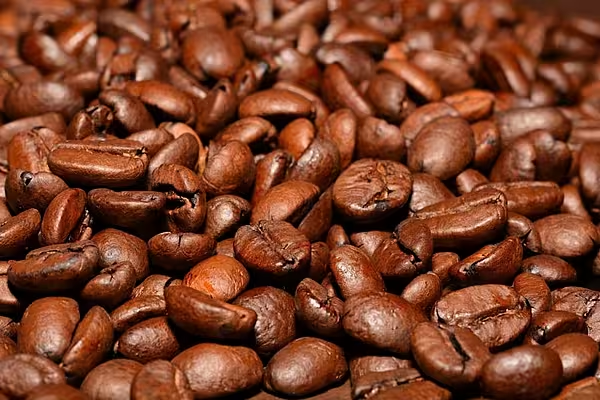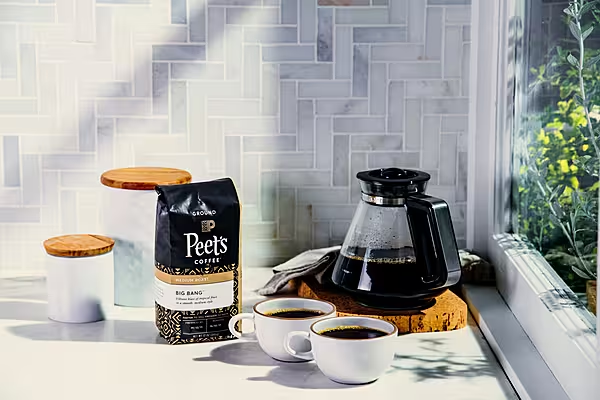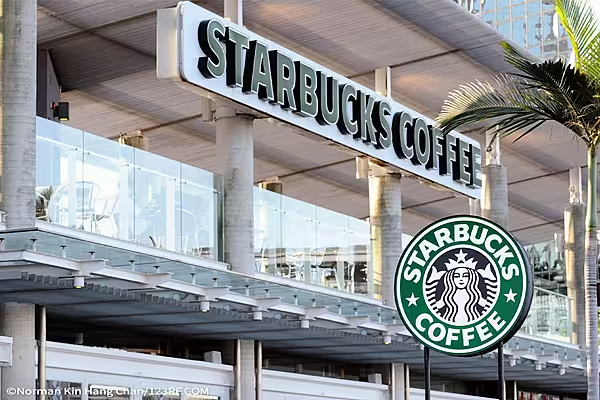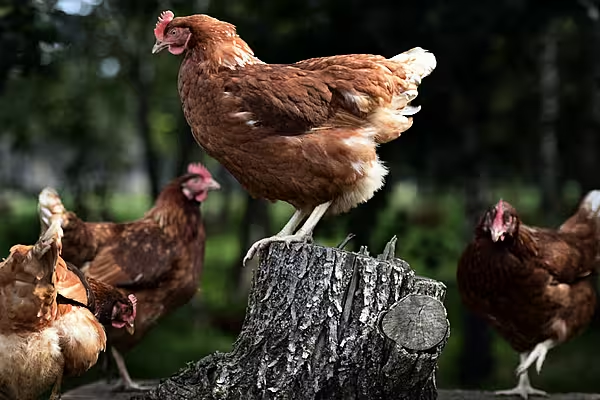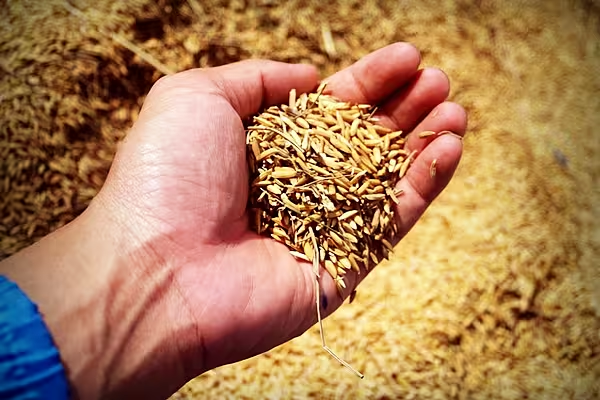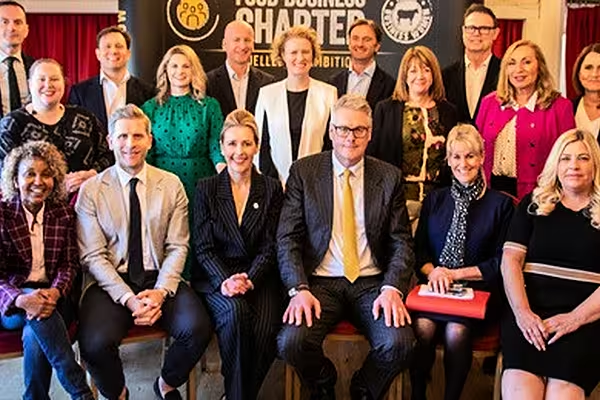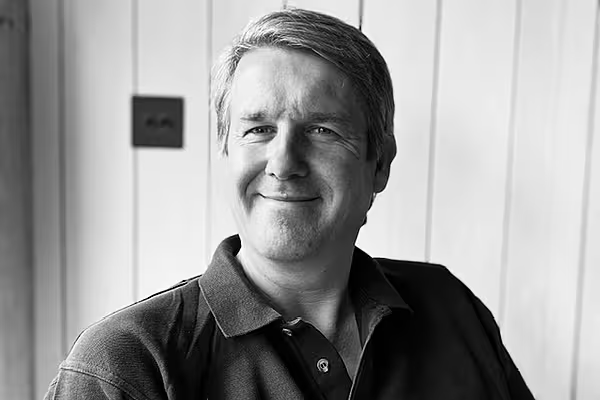Swiss trader Sucafina SA is betting on coffee farming with a joint venture in Brazil, the world’s largest producer.
The Geneva-based company has reached an agreement for a minority stake in the venture with Cia Agropecuaria Monte Alegre, a century-old producer in the heart of Brazil’s coffee belt. Sucafina, which already has a farm partnership in Ecuador, wants to strike similar deals in other parts of Brazil as well as other countries, Chief Executive Officer Nicolas Tamari said.
Brazil is an attractive destination because it has large coffee farms and the most advanced technology, according to Sucafina. The Monte Alegre farm, controlled by the Vieira family, is located in southern Minas Gerais. The state is Brazil’s top grower of arabica beans, the more expensive type favored for specialty drinks such as those made by Starbucks Corp.
Expand
“The idea is to expand to other areas of Brazil other than southern Minas Gerais, but also to expand outside Brazil, in countries like Colombia," Tamari said in an interview. "Brazil is the easy start, where you can find the scale.”
The Monte Alegre farm already produces more than 100,000 bags of coffee a year and the planted area could still expand by as much as 20 percent, Tamari said. About 30 percent of its plantations have been recently renovated following a drought in 2014, which sent arabica coffee futures traded in New York surging by more than 50 percent, the most in four years.
The farm currently sells its coffee to customers in more than 25 countries, including roasters in the the U.S., South Korea, Japan and Europe, said David Behrends, managing partner and head of trading at Sucafina. The farm’s beans also carry the UTZ and Rainforest Alliance sustainability certifications.
Future Trading
The deal is “part of our desire and our belief that the trade house of the future will be more vertically integrated, and a big part of that’s going to have to come from the farming side,” Behrends said.
While the farm’s washed and semi-washed beans meet the quality needed for delivery through ICE Futures U.S., selling to the exchange wouldn’t be profitable at the moment. That’s because the quality produced can fetch up to twice the New York price, Tamari said. Still, he doesn’t rule out transactions via the bourse “in case the market explodes.”
“It can produce exchange coffee, but the specialty roasters pay a premium," Tamari said.
Arabica coffee for July delivery fell 1.7 percent on Friday to $1.2555 a pound. The beans are down 8.4 percent this year.
News by Bloomberg, edited by ESM. Click subscribe to sign up to ESM: The European Supermarket Magazine.
